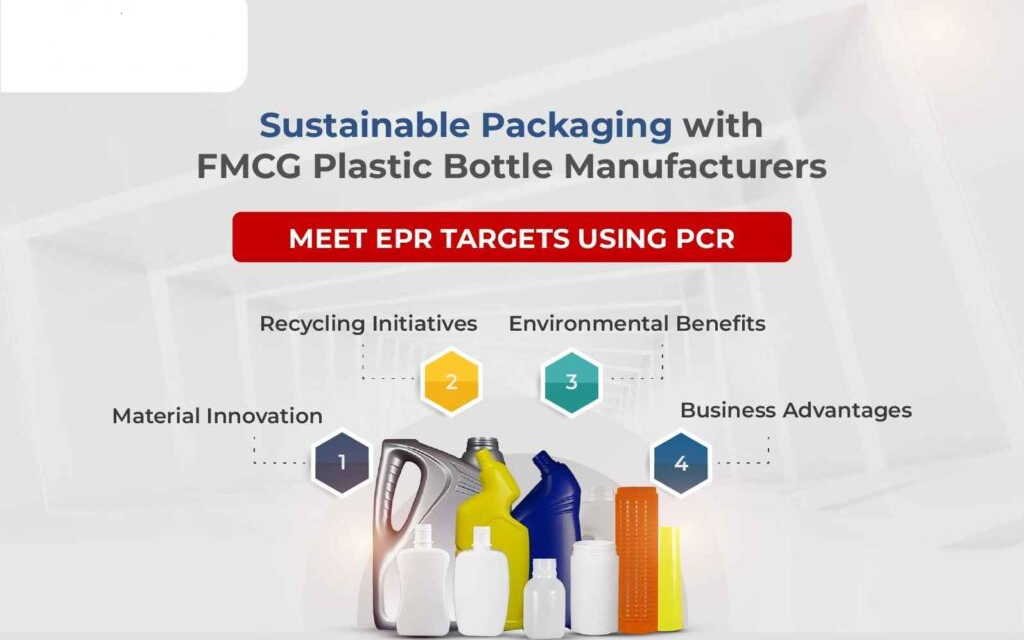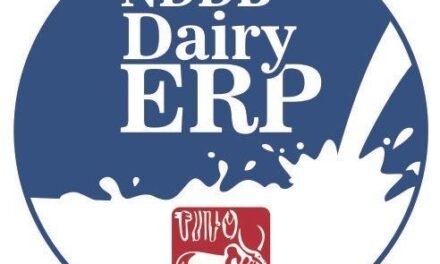Sustainable packaging has become a top priority for FMCG (Fast-Moving Consumer Goods) companies in India as they respond to growing consumer demand for environmentally responsible products and comply with stricter government regulations. The FMCG sector, encompassing categories like food and beverages, personal care, and household products, has historically relied heavily on plastic packaging due to its cost-effectiveness and durability. However, the environmental impact of plastic waste, coupled with bans on single-use plastics and the rise of Extended Producer Responsibility (EPR) mandates, has pushed companies to adopt eco-friendly packaging solutions.
Leading FMCG players are investing in innovative materials such as biodegradable plastics, recyclable PET, plant-based packaging, paper-based alternatives, and compostable materials. Brands are also exploring minimalist packaging designs to reduce material usage and waste. For instance, companies like ITC, Hindustan Unilever (HUL), and Nestlé are working to replace single-use plastics with sustainable alternatives, including reusable glass bottles, aluminum cans, and paper-based cartons for beverages and food products.
Startups and niche brands are at the forefront of this green transition, introducing plastic-free packaging using materials like bamboo, sugarcane bagasse, corn starch, and seaweed-based solutions. Additionally, refillable packaging and zero-waste distribution models are gaining traction, particularly in urban areas where eco-conscious consumers are driving demand for sustainable choices.
Government regulations, including the Plastic Waste Management Rules and EPR compliance, are mandating that FMCG companies take responsibility for the collection, recycling, and safe disposal of packaging waste. This has spurred companies to establish partnerships with recycling organizations and invest in creating closed-loop systems that promote circular economies. For instance, many brands now incorporate recycled PET (rPET) into their packaging to reduce virgin plastic usage.
Technological advancements are playing a significant role in enabling this shift. Companies are leveraging water-based inks, lightweight packaging, and smart materials that are durable yet environmentally friendly. Digital tools such as QR codes on packaging allow consumers to track recycling initiatives and brand sustainability efforts, fostering greater transparency and trust.
The adoption of sustainable packaging is not only an environmental necessity but also a strategic move to meet consumer expectations. Studies show that eco-conscious consumers, particularly millennials and Gen Z, are willing to pay a premium for products with sustainable packaging. As a result, companies are viewing this transition as an opportunity to enhance brand image, build customer loyalty, and tap into the growing market for green products.
While challenges remain, such as higher costs and limited access to sustainable raw materials, FMCG companies are committed to achieving their sustainability targets. Many have set ambitious goals to make their packaging 100% recyclable, reusable, or compostable by the end of the decade. With collective efforts from policymakers, manufacturers, and consumers, sustainable packaging is set to become a cornerstone of India’s FMCG sector, driving long-term environmental and economic benefits.









